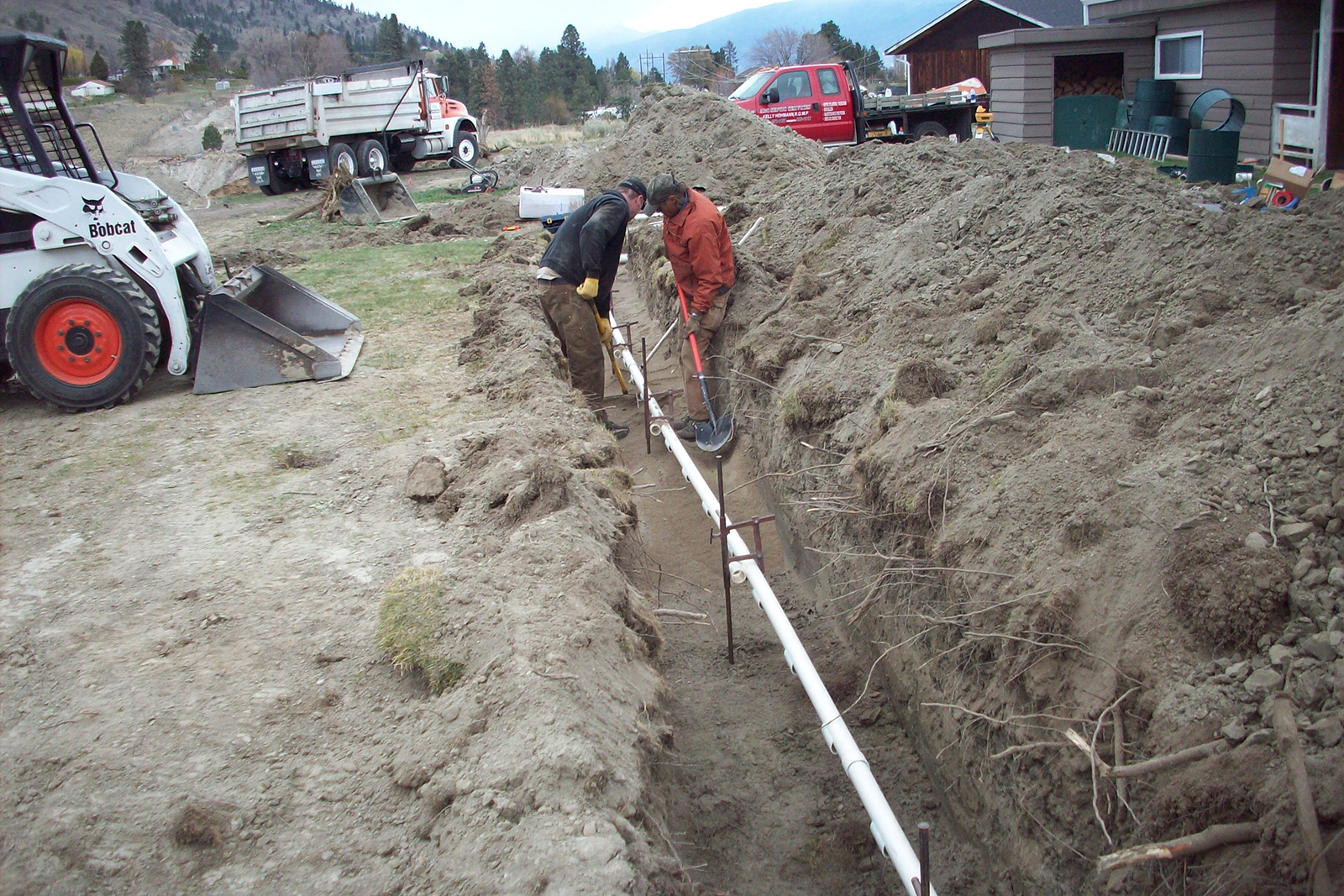If your business or home isn’t connected with the municipal sewer system Septic systems will most likely be in place for handling your wastewater. Septic systems are an environmentally friendly and effective method to handle wastewater. But, they’ll require regular maintenance and eventually require replacement. This article will give you a complete guide to managing the costs associated with the installation of septic systems and replacement.

The cost of a Septic System Installation
A septic system installation can be an expensive investment however, it is crucial to ensure that the property’s wastewater is being handled safely and efficiently. The cost of installing a septic system could differ based on a variety of variables.
Property size: To accommodate greater wastewater flow large properties require bigger septic systems. As a result, larger homes will generally require more sophisticated and expensive Septic systems.
Number of bedrooms Number of bedrooms: The number of bedrooms you have in your home or business will determine the size of your septic tank. New Hampshire requires that a minimum of a tank capacity of 1,000 gallons be installed to accommodate at least three bedrooms plus an additional 250 tanks be in place for every additional bedroom.
Site conditions The topography of your land, as well as the type of soil and its permeability will affect the price of installation. More challenging terrain or soil conditions might require extra excavation or equipment that is specialized which will increase the total price.
Permitting and zoning regulations: Zoning and permit requirements differ by state and locality and may require additional costs to obtain the permits needed and inspections.
The price for the New Hampshire septic system installation ranges from $5,000 to $10,000 based upon the elements mentioned above. It is important to keep in mind that this is just an estimate and that the final price can differ in accordance with the individual situation.
Repair costs for septic systems
Septic systems are able to last between 20 and 40 years depending the way they are maintained. A septic tank that’s in need of repair will have to be replaced. It’s generally cheaper to replace the entire system than it would cost to fix it. The system you have installed may require replacement when it is slow to drain as well as standing water in your backyard, or the possibility of sewage backups.
The cost of a new septic system may differ dependent on a number of factors including the size of the property as well as the number of people and conditions. The replacement of a septic system typically costs more than a new one , due to the fact that the existing system has to be removed and cleaned in a proper manner.
The typical cost for replacing a New Hampshire septic tank is between $25,000 and $10,000, based upon the factors discussed. This is an average estimate. Every situation is unique and will impact the final cost.
Strategies for managing the cost of a septic system
Regular maintenance: Regular pumping and inspection can prolong the life of your septic tank , and also prevent expensive repairs.
It is important to select the right contractor. An experienced and reliable contractor will ensure that your septic system meets code. This will enable you to reduce the cost of repairs and penalties for violations.
Avoid flushing materials that are not biodegradable. The flushing of nonbiodegradable items, such as diapers, sanitary pads and wipes, can clog the septic system. This could lead to expensive backups.
Conserve water: Conserving water can reduce the workload on your septic system as well as extend the lifespan of your septic system.
The correct system is best option for your property.
Maintaining your septic tank properly is essential to ensure the health and efficiency of your system. A properly maintained septic tank can provide many advantages, such as saving cash on costly repairs, reducing the possibility of groundwater contamination, stopping odors and backups from occurring, and ensuring the longevity of the tank. Regular pumping is a fantastic way to improve the efficiency of the system as well as avoid costly damage due to cracks or obstructions. Regular inspections can help find potential problems before they occur. This will help ensure that your septic system is safe and conforms to environmental standards. A documented maintenance plan for your septic tank will save time and money over the long term as also providing security that your commercial or residential property will be equipped with a functioning in the long run.
For more information, click septic replacement cost